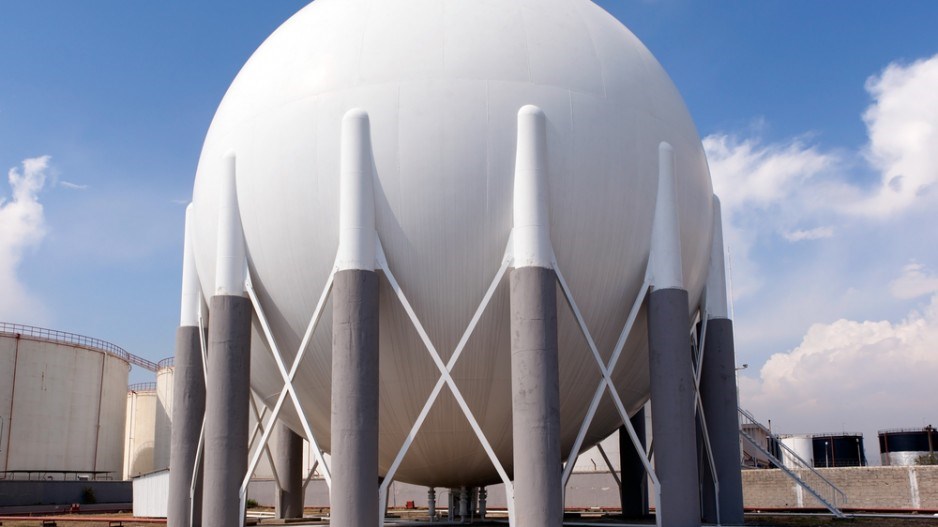Liquefied Natural Gas (LNG) is a huge opportunity for British Columbia. The investment proposals for the northwest are truly staggering. However, it is important to recognize that other regions of B.C. will benefit as well. Whether it's natural gas drilling and exploration, professional jobs in Vancouver, service opportunities in Prince George or just general tax revenue, all regions of British Columbia will feel the benefit of LNG.
It is difficult to keep track of all the proposed LNG plants for the northwest. The total proposed capital investment is now in the hundreds of billions of dollars. Of course, not all projects will go ahead, but if even a fraction proceed, the economy of Kitimat and the surrounding area will be strong for years to come. There has also been news recently that different projects are coordinating their construction schedules in order to minimize the labour shortage and associated wage costs. This should also smooth out the boom and bust cycle to the benefit of local communities.
The Peace River region in the northeast will benefit from continued exploration and drilling. This activity has gone on for many decades now. However, since the shale gas bonanza has swept across North America, our traditional customer, the Americans, no longer need our gas. If we don't find new markets to Asia via LNG, there will be no point in drilling for more gas in the northeast.
Most people think Prince George will benefit from LNG as a service hub. While that is likely true, it looks like there is at least one LNG project planned for close to Prince George. While in Prince George last week, LNG Minister Rich Coleman indicated that at least one company is considering liquefying natural gas near Prince George and shipping it by rail to the coast.
Other areas of the province are set to benefit as well. A report published last week by Resource Works indicated LNG will create as many jobs in the Lower Mainland as it will in the northwest, where the actual liquifaction takes place. They might need electricians, welders and pipefitters in Kitimat, but there is also plenty of work for lawyers, accountants and bankers in Vancouver.
Even British Columbians who do not directly participate in the LNG sector will still benefit through the taxes that will be collected. Although it's been a long time coming, the B.C. government appears to have finalized a tax regime that will fund a long-lasting Prosperity Fund. How large this fund will become will depend on how much of the proposed LNG projects comes to fruition.
Natural resource projects tend to create a lot of wealth, focused in a small area, in a short period of time. As British Columbians, we are only too familiar with the resulting boom and bust cycles. LNG has the potential to change this cycle if, and it's a big if, we can develop it to its full potential.




